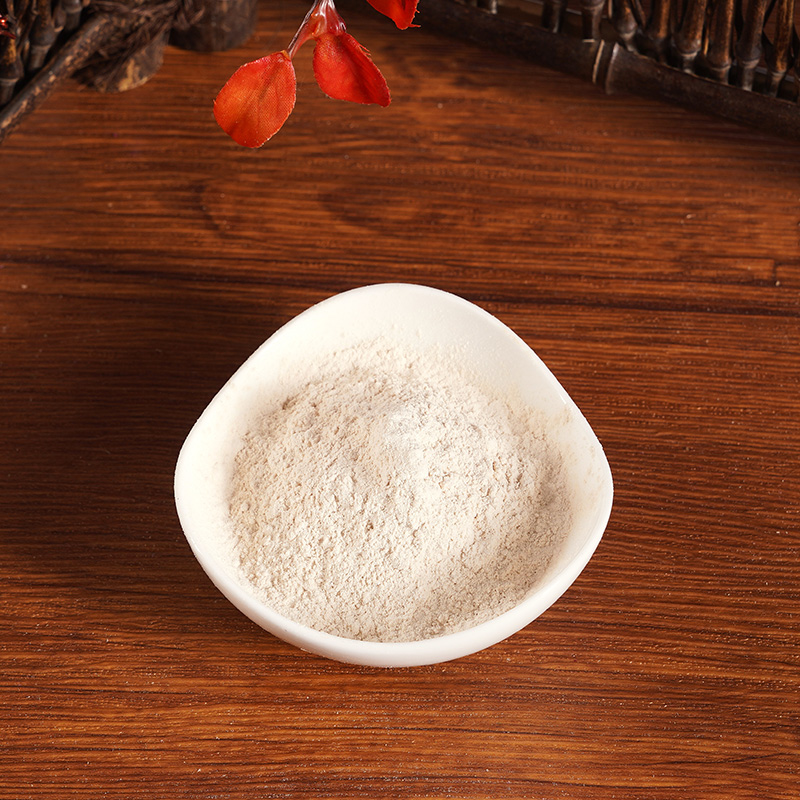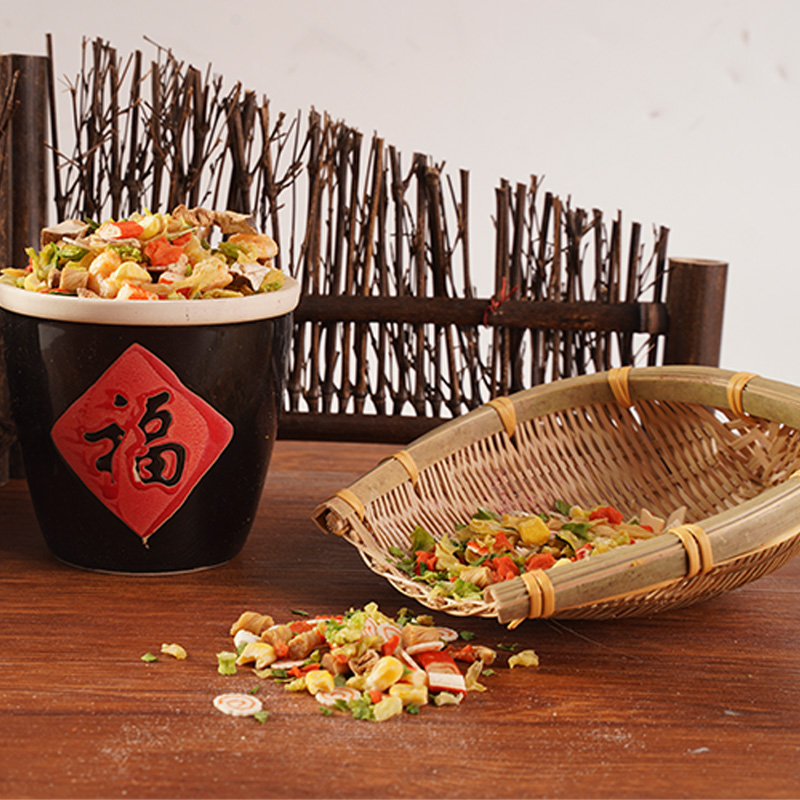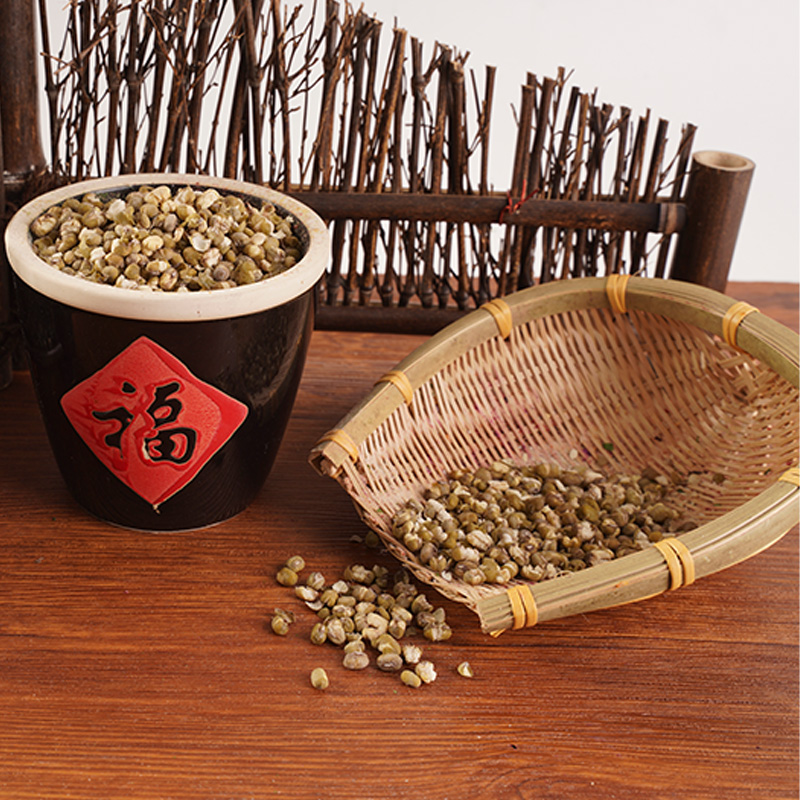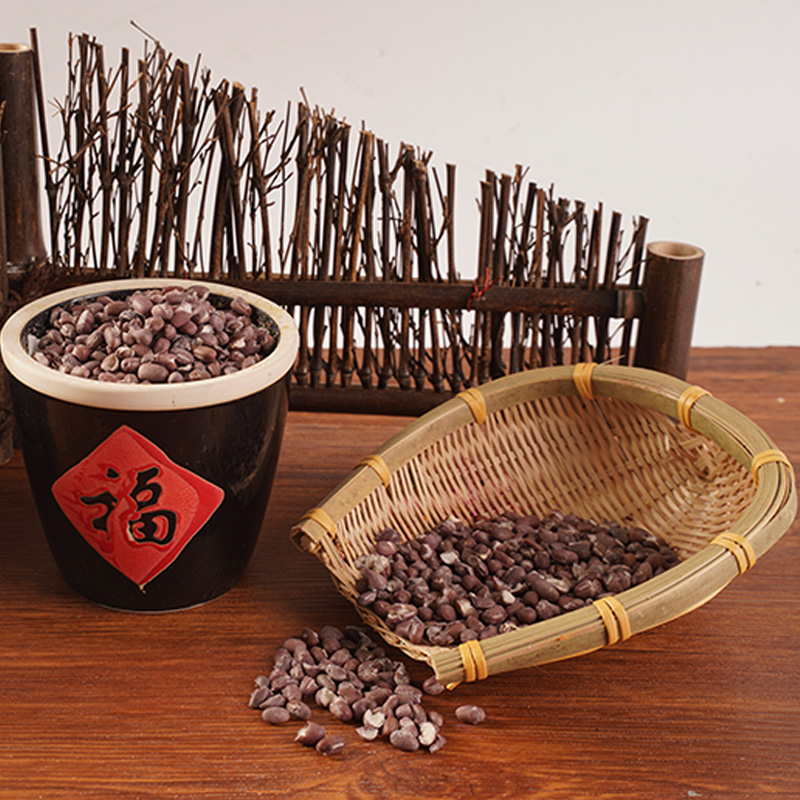Advantages and disadvantages of freeze-dried vegetables.
Freeze-dried vegetables have many advantages, but there are also some drawbacks.
advantage
Nutritious: Freeze-dried vegetables are rapidly freeze-dried under ultra-low temperature conditions, which can maximize the retention of nutrients such as vitamins, minerals, and dietary fiber in vegetables. For example, vegetables such as freeze-dried spinach, carrots, and broccoli contain a large amount of vitamins A, C, and K, as well as minerals such as iron and calcium.
Easy to store and carry: Due to the removal of most moisture during the freeze-drying process, freeze-dried vegetables can be stored for a long time and are small in size, light in weight, and easy to carry.
Easy to consume: Freeze-dried vegetables have good rehydration properties, and when consumed, simply soak them in water to restore their original taste and texture.
shortcoming
Energy concentration: Due to the significant removal of water, freeze-dried vegetables have a higher energy density and are prone to overconsumption, which may lead to problems such as obesity.
High-calorie content: The calorie content of freeze-dried vegetables is usually high per 100 grams, and excessive consumption can increase calorie intake.
May contain additives: In order to enhance taste and flavor, some freeze-dried vegetables may have added sugar or salt, and excessive consumption may be detrimental to health.
Applicable scenarios and precautions
Emergency situation: In the case of an insufficient supply of fresh vegetables, freeze-dried vegetables can be used as a substitute.
Control intake: Due to the high energy density of freeze-dried vegetables, it is recommended to control intake and avoid excessive consumption.
Attention to ingredients: Choose low-sugar and low-salt freeze-dried vegetables to avoid health risks caused by additives.
In summary, freeze-dried vegetables have significant advantages in terms of nutrient retention and portability, but attention should be paid to controlling intake and choosing low-sugar and low-salt products when consuming them.
News Category
- Company News(1)
- Industry News(69)



 English
English русский
русский 日本語
日本語 한국어
한국어 中文简体
中文简体












